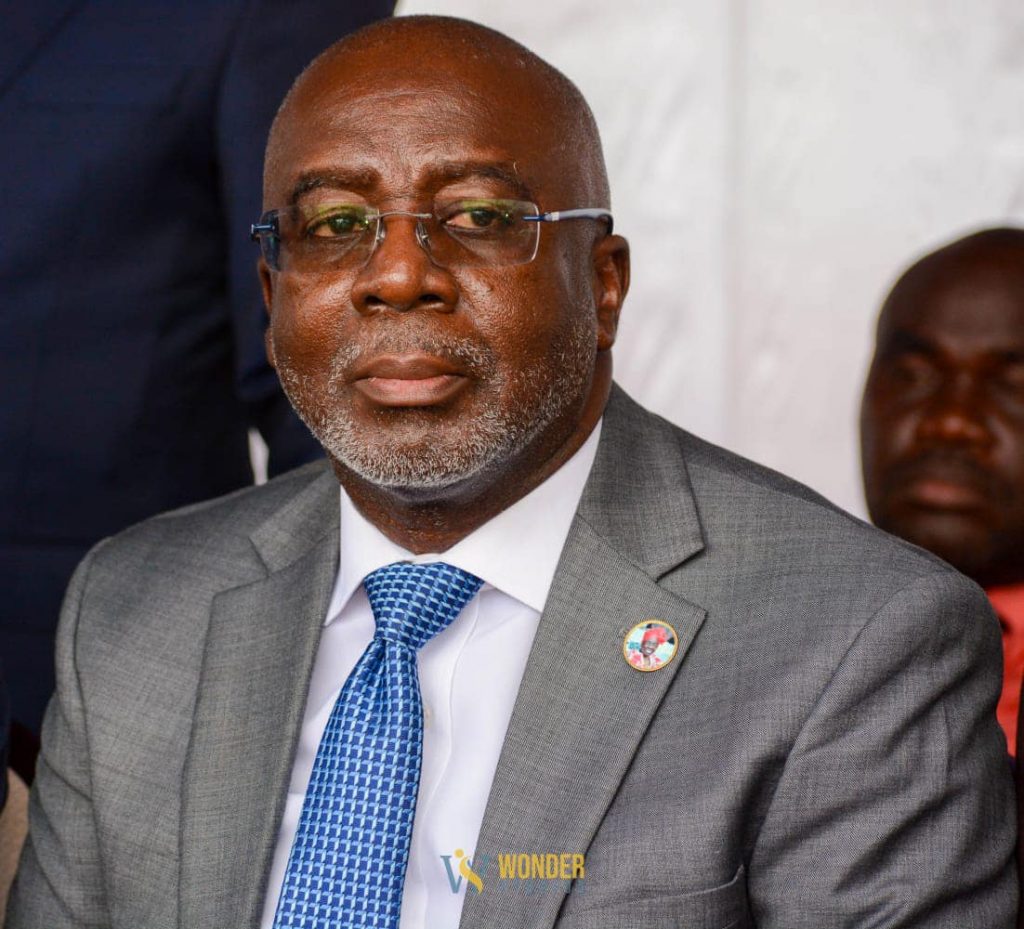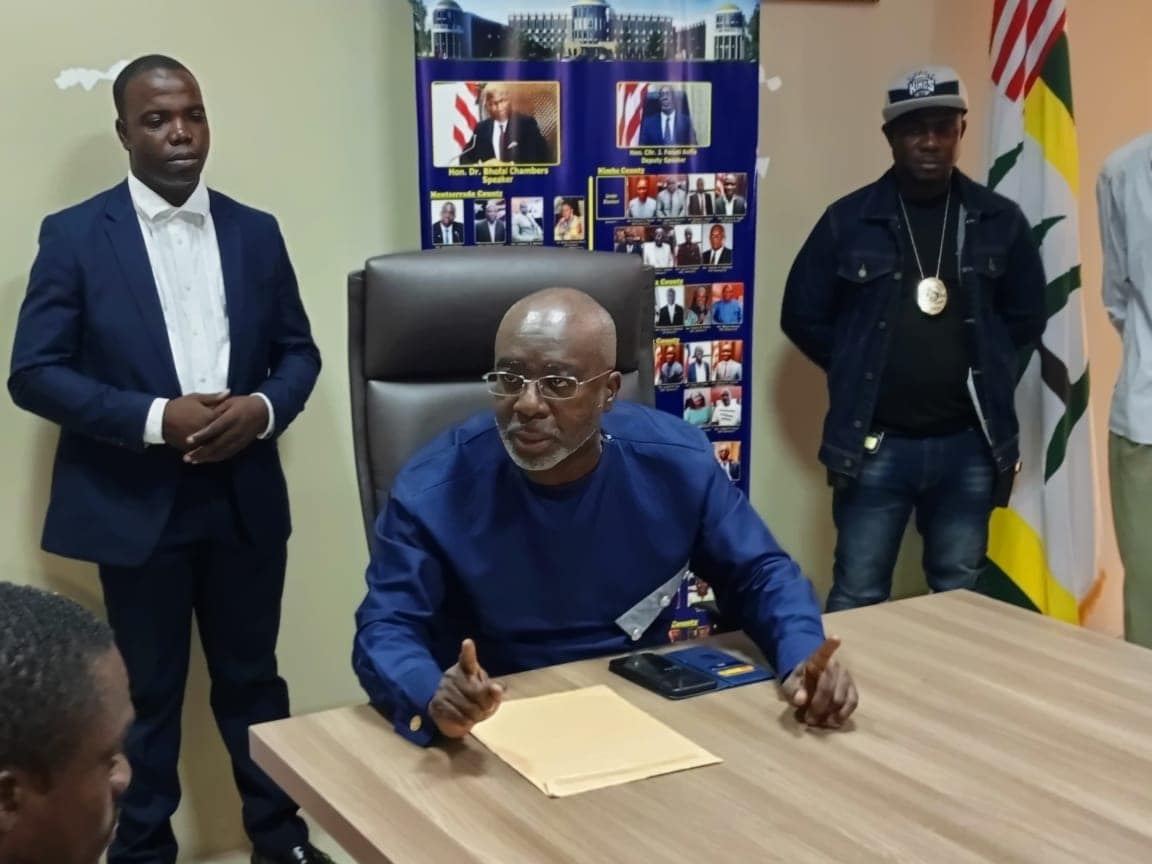LIBERIA CORPORATE LAW is to a large extent modeled on U.S. corporate law. Liberia’s legal entities are governed by the Liberian Associations Law (1977, as amended through 2022), and contain the Business Corporation Act, the Partnership Act, the Limited Partnership Act, the Not-for-Profit Corporation Act, and the Private Foundation Law. In 2002, the new Electronic Transactions Law and Money Laundering Law were also adopted. One of the contentious concerns of the business laws in Liberia is how to protect Liberians and make them major stakeholders in their own country, which is currently dominated by non-Liberians.
THE DEPUTY SPEAKER of the 54th National Legislature, specifically the House of Representatives (HoR) Cllr. Fonati Koffa disclosed in a press interview today, 26 December 2023, that the lobby played a major role in discussions of major negotiations to ensure that Liberians became active participants in the economy in an attempt to have effected policy change to align with President Weah’s inaugural promise in 2018 that “Liberians will not be spectator in their own economy.” According to Cllr. Koffa, despite the best intentions of the President, the lobby of foreign business owners undermined the process and watered down the laws during the revision process under the 54th National Legislature. Whilst this is obvious considering the nature of legislative politics, political pundits, commentators, and Liberian business entrepreneurs are concerned over his assertion.

SEEKING TO EMPOWER Liberian businesses, the government in 1975 promulgated a “Liberianization Policy,” an Act to amend the General Business Law. The Act set aside 12 business activities exclusively for Liberians. An amendment in 1998 increased the number of sectors reserved for Liberians to 26. However, Liberians continue to feel marginalized in their own economy with these exclusive businesses being dominated by non-Liberians, or by non-Liberians fronting Liberians as business owners, or by limited access to financial resources to Liberians to enable them to compete with foreign business owners who are easily favored for starter loans.
THE HOUSE OF REPRESENTATIVE “is not a house of law, it is a house of politics,” said the Deputy Speaker Cllr. Koffa quoting some of his peers. He claimed that during the time of negotiation of the revision of the Liberia Business Act, some of his colleagues became influenced by foreign businesses to put their interest over the interest of Liberians, watering down the Liberian Business Act in favor of foreign business owners. He intimated that also that this was done, in the mind of his colleagues, to ensure a balance in the law to accommodate all sides, foreign and local business owners. Notwithstanding, critics reject that the law favors Liberians since foreign business owners have more resources to lobby lawmakers as compared to Liberians.
CRITICS OF SUCCESSIVE GOVERNMENTS have consistently accused policymakers and Liberian leaders of allowing themselves to be compromised by foreign business owners to deliberately marginalize Liberians trying to get a foothold into the Liberian economy. For over three decades, advocates have been calling for active enforcement of the famous Liberianization Act. The Act mandates that qualified Liberians be employed at all levels, including upper management of foreign-owned companies. However, some businesses owned by non-Liberians since the enactment of the law continue to operate in contravention of the law.
IN AUGUST 2023, Liberia published its regulation on the declaration of beneficial ownership information for domestic entities. The regulation provides for the collection, processing, verification, maintenance, publication, and accessibility of beneficial ownership information of domestic entities. The Republic of Liberia has revised its Business Corporation Act (the BCA) and its Limited Liability Company Act (the LLC Act) to continuously make these laws more customer-friendly and as up-to-date as possible. It is hoped that this could be another measure to prevent abuse of the business sector, and further strengthen business regulations. What will the 55th National Legislature and the incoming government of Joseph Boakai do differently?

Dr. Clarence R. Pearson, Sr. is a Liberian clergy and social scientist with strong interest in advancing global peace, human rights, a safe planet, and social equity. He holds a BA in Theology, and MA with distinction from the Kofi Annan Institute for Conflict Transformation, University of Liberia. He also graduated with honor from the Louisiana Baptist University and Seminary, Shreveport, Louisiana, USA with A PhD in Psychology and Counseling. Dr. Pearson is a social researcher, an educator, and an author. He has over 29 years of practical professional experience in post-conflict peace-building, recovery, and development with emphasis in both the public and private sector.

